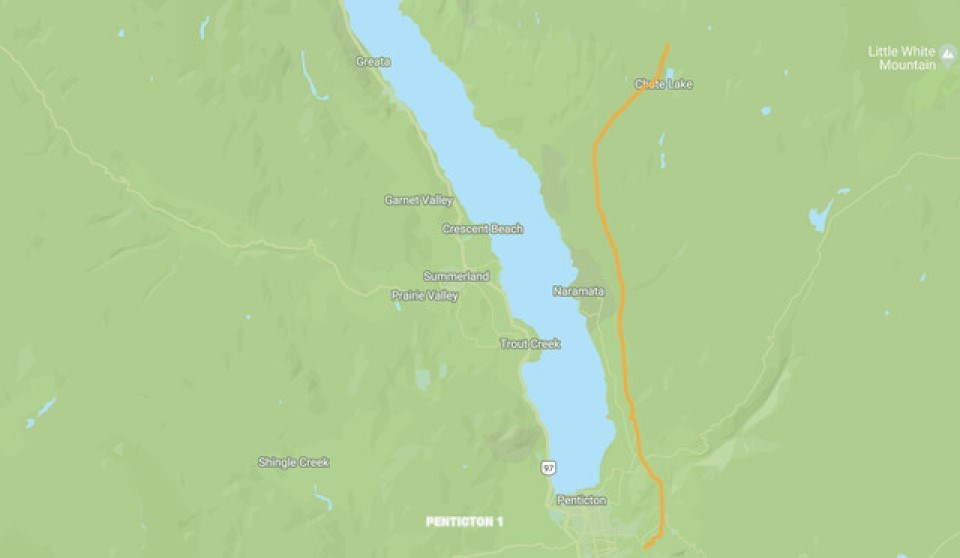An upgrade to FortisBC’s natural gas pipeline network in the Okanagan has been rejected by the BC Utilities Commission.
The Okanagan Capacity Upgrade project would have included about 30 kilometres of new pipeline between Chute Lake and Penticton.
FortisBC says the rapid growth of the Okanagan—with Kelowna being the fastest growing city in Canada—is putting pressure on network capacity in the region. The private utility has said it expects to be unable to meet the growing demand as early as 2026/2027.
The BCUC, however, did not agree with FortisBC’s demand projections and has rejected the $327 million project because it "was not necessary for public convenience or in the public interest.”
The BCUC said the FortisBC application did not consider that the demand for natural gas could flatten or decrease due to the province’s climate action policies. The regulator said FortisBC's separate application to provide renewable natural gas—typically captured landfill gas—to customers could also impact demand growth.
FortisBC issued a statement Friday saying they are disappointed in the decision, calling the project an “important piece of infrastructure.”
“The OCU project is required to meet peak energy demand in the Okanagan region, which occurs during colder winter months when customers rely on gas to heat their homes and businesses,” FortisBC said.
In its application for the project, FortisBC said the first regions to experience a capacity shortfall during extreme cold if upgrades were not allowed would be West Kelowna, Lavington and Lumby.
“Should a capacity shortfall resulting in insufficient system pressures occur, FortisBC would be required to curtail customers in these regions, shedding load from the system in order to maintain pressure and preserve supply to remaining customers,” the application said.
“In a worst-case scenario, should it become impossible to shed sufficient load via curtailment of interruptible customers, core customers (i.e., firm supply customers) in these areas may be impacted by a loss of their gas supply. In this case, these customers could be without gas for heat, hot water, and cooking for an extended period depending on the extent of the shortfall. “
The BCUC on Friday directed FortisBC to instead “examine other short-term solutions” for possible natural gas shortfalls in the Okanagan and file a mitigation plan with the regulator by the end of July 2024.



